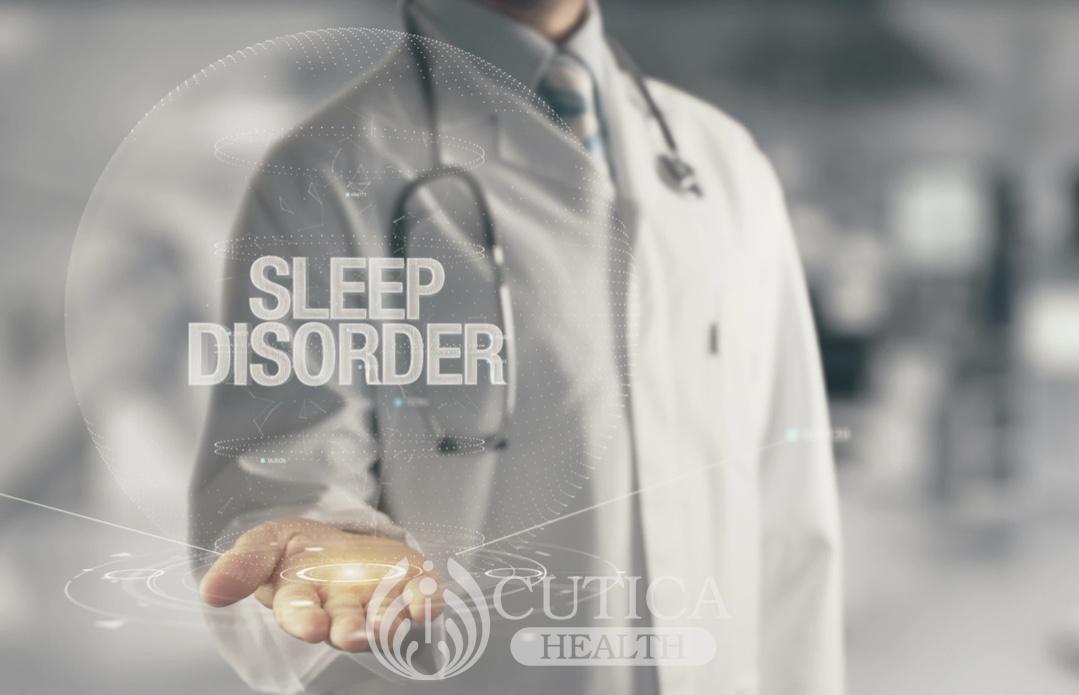
Human beings are by nature, hedonistic. Hedonistic means "pleasure seeking". We tend to seek out activities that make us feel good, and happy, whether harmful to us or not. When we carry out acts that provide pleasure to us, we are more likely to seek out those activities over and over again.
How do we define addiction?
The American Society of Addiction Medicine defines addiction as "a primary, chronic disease of brain reward, motivation, memory and related circuitry."
Basically, it is a disorder that occurs when people compulsively engage in certain activities in order to achieve a pleasurable feeling, even when it might be harmful to their health.
When most people think of addiction, their first thought goes to psychoactive drugs such as cocaine, heroin, and marijuana. Apart from these drugs, people can also be addicted to prescription drugs such as codeine and tramadol. Prescription drugs such as those administered for anxiety, and ADHD can also be addictive.
What is the science behind addiction?
It all happens in the brain, that's why addiction is called a brain disease. First, the brain releases a chemical known as dopamine when you carry out a rewarding activity such as exercising, eating, having sex, doing well on an exam, or getting a promotion. This happens as a form or reward to encourage you to repeat this activity in the future.

However, this feeling fades after a while. Illegal drugs such as cocaine trigger this reward system immediately, stimulating the flow of dopamine and creating that pleasurable feeling.
Additionally, it stops the channels that release dopamine from closing up quickly, so that the pleasurable feeling is sustained. Drug users and other addicts become immersed in chasing that pleasurable feeling resulting in compulsive behavior.
What are the stages of addiction?
Addiction can begin accidentally for some people such as those using prescription drugs but for most people, it follows a pathway starting with:
- Experimenting: many people start out of curiosity. They want to try something new, have some fun, or just see how it feels.
- Frequent use: after experimenting, it becomes a social habit. Many drug users will say "I only use weed when I am stressed or with my friends" or "I only drink alcohol when I am sad." For some people, they just want I chase the feeling they experienced the first time and since they already tried it, why not? As the person uses drugs or engages in certain behaviors frequently, they begin to exhibit signs of addiction which can still be hidden.
- Problematic use: at this point, the person chases the addictive habit without regard for their health or the consequences of their behavior. It begins to affect them physically, mentally, and socially. Daily activities such as going to work or school are also affected.
- Dependence: at this point, the person had to increase the amount of substance they use or increase the intensity of the behavior in order to achieve the same "high" they are used to. Here, they experience withdrawal symptoms if they stop the habit, neglect their duties and responsibilities, and feel intense cravings to perform the habit.
- Addiction: this is the last stage. The person is completely dependent on the substance or behavior and will do anything to get access to it. They are unable to stop even when they realize the harm to themselves and others.

What other forms of addiction exist?
The easiest example of addiction is substance/drug addiction. But do you know that people can get addicted to a vast number of things?
Examples include:
- Inhalants such as glue and paint thinner
- Video games
- Lying
- Sex
- Gambling
- Plastic surgery
- Internet/Social media use
- Shopping
- Food
- Adrenaline-inducing activities such as sky diving.
- Exercising
Addictions like these are not easy to detect until they become severe.

Conclusion
Addiction is not a sign of weakness or low willpower. It is a brain disease that has been linked to genetics, socioeconomic status, and environment. However, it is chronic and can only be managed effectively with therapy and medications to ease the addictions.












